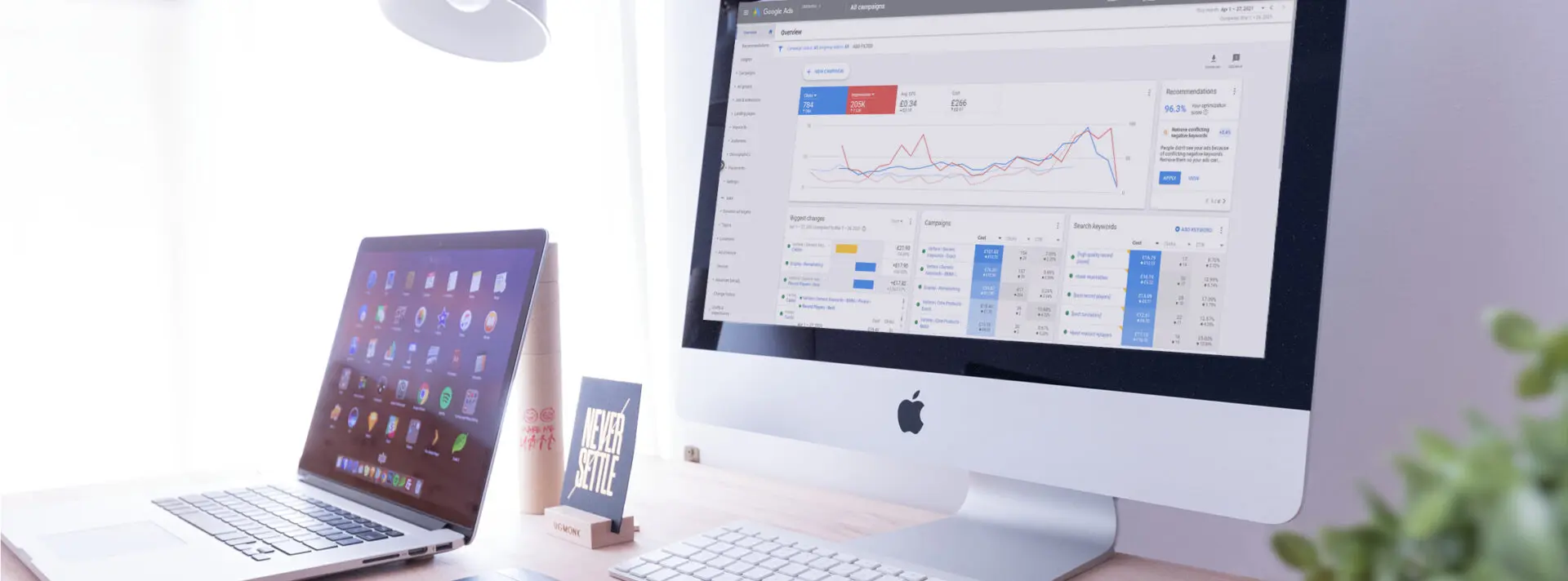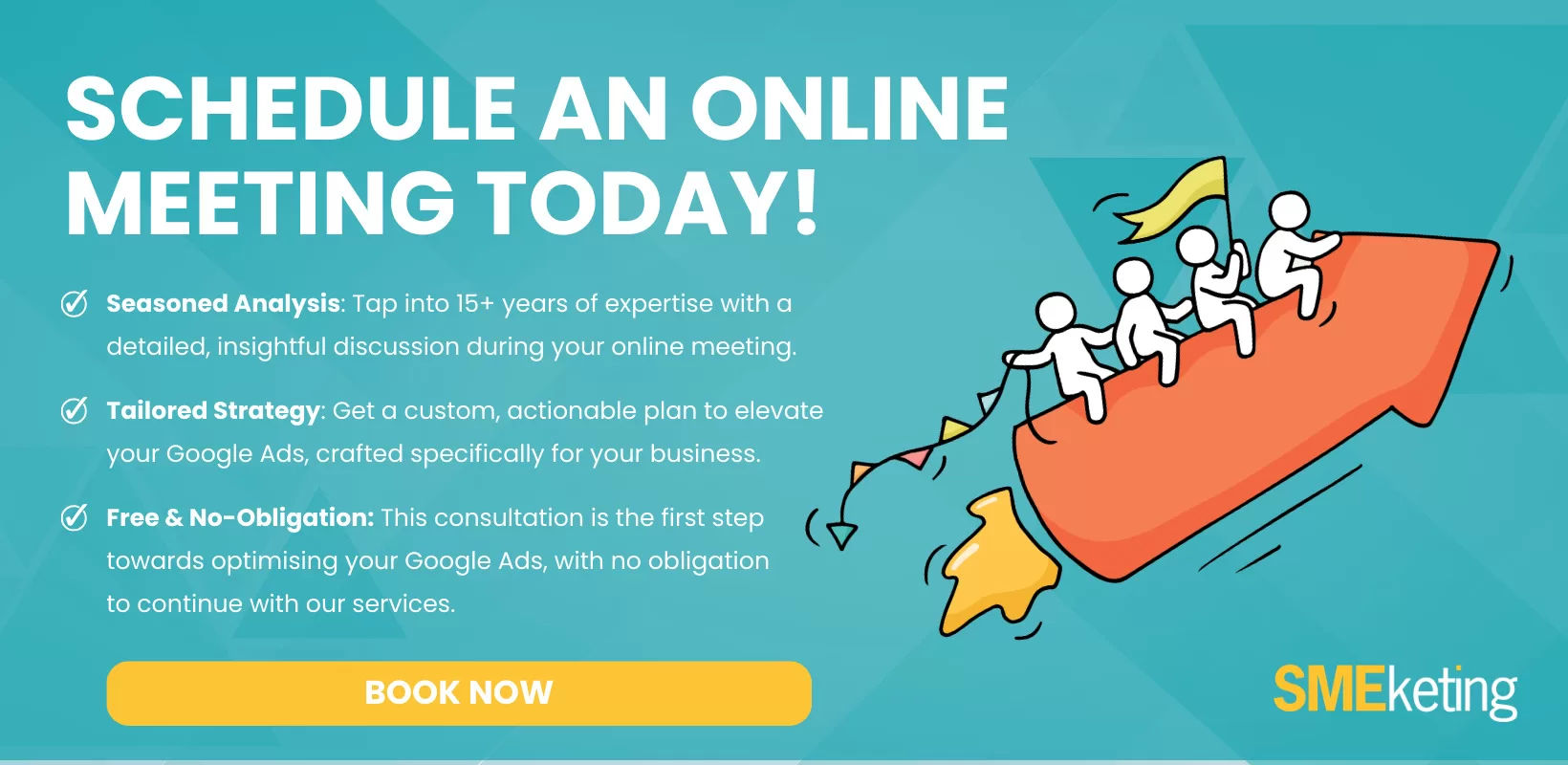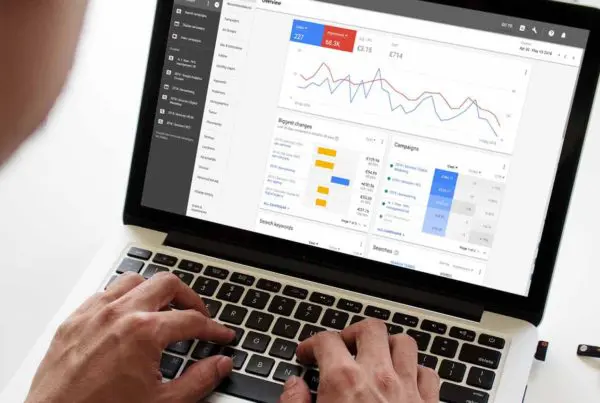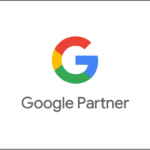I spend a lot of time working with companies to build and manage Google Ads accounts. Over time I’ve noticed I get asked a lot of the same questions, so I’ve put together this Google Ads FAQs to clear some of these up.
What are Google Ads?
Ads are displayed along with search results on Google, as well as (optionally) on search and content sites in the growing Google Network. With the huge amount of searches carried out on Google each day, your Google Ads ads have the potential to reach a very large and very targeted audience (over 90% of global internet users…. so pretty much everyone!)
With Google Ads, you create your own adverts, choose the keywords you want to show for, and only pay when someone clicks on your advert.
Why should I use Google Ads ?
With the number of people searching online for products and services growing each day, it’s vital that you can be found online where and when your customers are searching for what you offer. Google Ads can be a cheap and easy way to get started with your online marketing efforts.
How much will it cost per click?
The actual cost per click will vary depending on the keywords you are targeting and your industry. More competitive keywords will be more expensive, with less competitive, more niche keywords being cheaper. What you pay also depends on the quality of your campaign, your adverts and landing pages, as well as the quality and bidding strategy of your competitors.
Will any business benefit from Google Ads?
If people are searching for your product or service in Google, then yes, you would benefit from using Google Ads.
How can I measure success?
Additionally, you should track the following areas:
- Click-Through Rate (CTR): The CTR tells you how often people are clicking on your ad after they see it in the search results. A CTR of under 1% indicates that your adverts are not quite right. The message within them could be wrong, you could be targeting the wrong audience, you may have typos or the advert might be too ambiguous.
- Keyword Status: Google uses this to let you know if any of your keywords have issues. All your keywords should be marked as ‘eligible’.
- First Page Bids: You want to make sure that your minimum bid for each keyword is high enough to land your advert on the first page of the search results. Google will inform you if your bid is too low and will let you know what it needs to be. This is optional – but if the minimum first-page bid is out of your budget, you may want to think about removing that keyword and focusing on less competitive terms.
- Quality Score: All of your keywords will get a Quality Score rating out of 10. Google rewards relevant, quality advertisers with lower CPCs and improved ad positions, so keep and eye on this and make sure you haven’t got any issues.
Can I bid on brand Names?
Should I use the Google Display Network?
If you have the budget available it’s always a good idea to test adverts on the Display Network to see if they provide a return for you. It’s always hard to say without testing whether or not the lower cost/lower quality aspect of this type of advertising will work for you and your company.
Using the Display Network as part of a remarketing campaign is often very beneficial and can provide an excellent ROI.
What is the difference between an account, campaign, ad group, keywords and ads?
Account: You will only have one Google Ads account. Everything relating to your ads is done within one account. This includes all your billing and payment options.
Campaign: You can have a large number of campaigns within one account. The campaign level is where you can select your specific options, such as the country/area you’re targeting, the language, search and or/display network, and the devices you want to target (do you want to include mobiles and tablets etc). This is also where you set your daily budget. Many people starting out with Google Ads will just have one campaign. However, those targeting a range of countries or mobile users may have accounts for each of these areas. As you add more campaigns, your daily budget will grow to incorporate the daily budget of each and every campaign in your account.
Ad Group: Within each campaign, you will have multiple ad groups. These groups are where you add your keywords. Each ad group will also contain an advert (or set of adverts) that will be shown when your keyword matches a user’s search query.
Keywords: Your keywords are hosted within each ad group and are used by Google to decide whether or not to show your ad to a searcher. Your advert will be down when the keyword, bid, and targeting options all combine to determine whether or not your ad ranks high enough within that auction to be shown. By setting individual bids for each keyword you can try to boost the chances of your ads being shown. You can also change the keyword match type, add or delete keywords and also add and delete negative keywords.
Ads: Your adverts are the final piece of the Google Ads puzzle. All the performance data relating to your account depends on what happens when a searcher sees your ad. You can have as many adverts as you want within each ad group, but I recommend three as a general rule of thumb. I use more than one at a time as I am always testing adverts to try and improve the CTR – testing the headlines, messaging, and call-to-action combinations to try and boost your clicks.
What are negative keywords?
I hope this Google Ads FAQs was helpful. If you have any questions that I’ve not answered here or you’d like to talk to me about creating and managing an Ads account for you, please get in touch!
- How to Do Keyword Research for Google Ads - January 15, 2024
- A Comprehensive Guide to Google Ads for B2C Businesses - January 8, 2024
- How to Write Calls to Action (CTAs) for Google Ads - December 25, 2023







